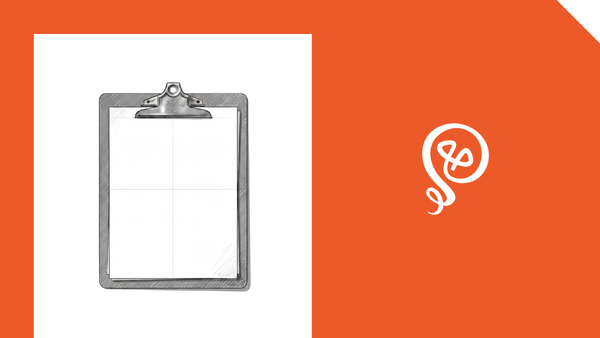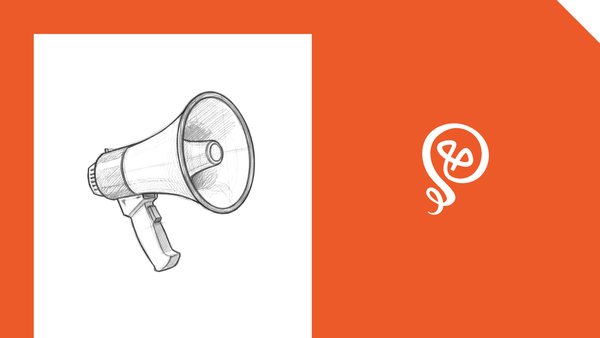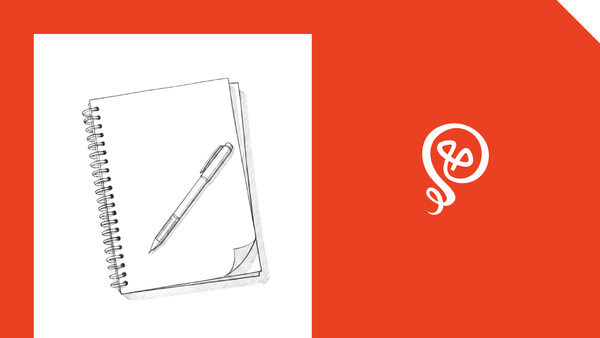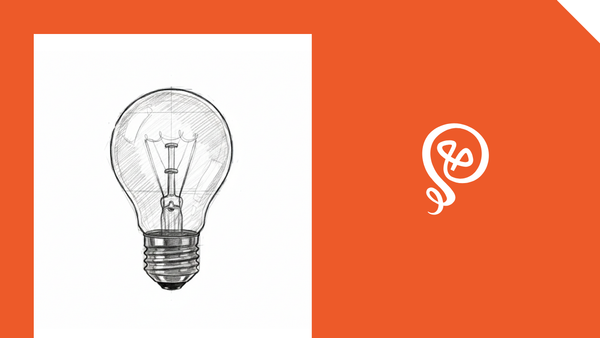Avoid Career Burnout: Reduce, Reuse, and Recycle
Much like we have to take care of the planet, we also have to take care of ourselves.
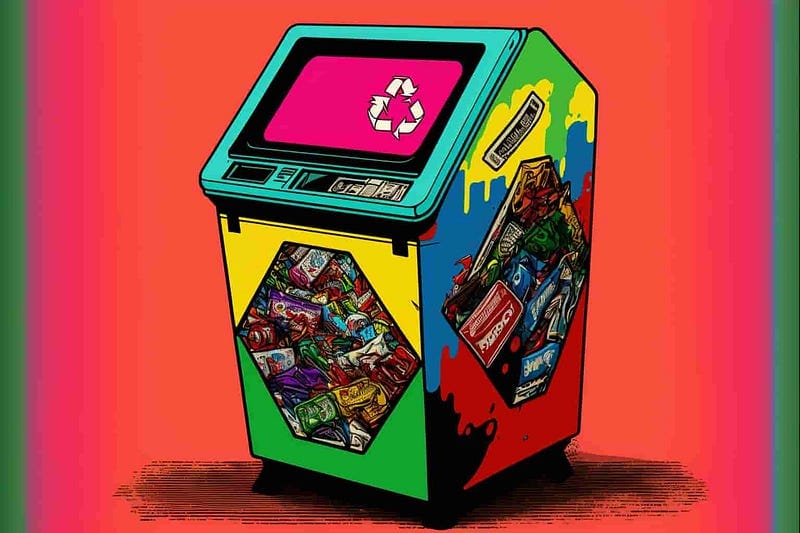
Like many American kids, I grew up hearing the phrase “Reduce, Reuse, Recycle.” I’d seen the logo plastered everywhere, watched Sesame Street segments about conserving water, and had a general understanding that throwing things away was bad.
The phrase’s exact origins are unknown, but it seems to have cropped up in the 1970s. The environmental movement gained momentum, and Americans became concerned about air pollution, waste, and water quality.
So what does this phrase have to do with careers?
I was listening to a podcast and heard the comment: “When you transition careers, you’re not starting from scratch; you’re recycling.”
Immediately Jack Johnson’s “The 3 R’s” song came to mind (Reduce, Reuse, Recycle!) came to mind, but it got me thinking about the phrase.
I went through a complete career pivot in early 2021, leaving product management and diving headfirst into content marketing and journalism. Yes, I had to do a lot of recycling — taking pieces of my former work self and turning them into something new.
But I think there are ways to apply all three parts of the catchy phrase to careers. Much like we have to take care of the planet by reducing, reusing, and recycling, we also have to take care of ourselves and our mental health. Otherwise, we’ll find ourselves damaged and struggling to survive.
Reduce the amount of time spent working
Hustle culture has dominated the narrative for decades. “Work hard, play hard” was embedded directly into job descriptions. People were expected to work long hours in their race to the top — and the top only promised more work (along with a shiny new title and hopefully some money).
I played that game. I spent 15 years in fintech, pushing myself to be the best, outshine the rest, and advance my career.
It took a global pandemic for me to realize that hustle culture is a path that leads directly to burnout. I’d missed a lot of warning signs along the way. But forced isolation gave me time to reflect on what I wanted from my career.
Like millions of other people, I joined The Great Resignation. And as I embarked on a career journey, I also sought people-first companies that rejected hustle culture — companies that were focused on true work-life balance.
Reducing the workload takes many forms, but includes things like:
- 4-day workweeks
- Generous vacation policies
- Unlimited mental health days
The opposite? Any companies that talk about a fast-paced environment. Or jobs with such broad responsibilities that they require constant context-switching.
If changing jobs isn’t an option, there are subtle ways to reduce your workload. Set limits on your workday (especially if you’re working from home and tempted to be “always on”). If your company asks you to take on new responsibilities — especially without a pay increase — push back. Inform your boss that you’ll need to have other responsibilities removed, so you have time to get everything done. You don’t need to commit to unlimited amounts of work.
Reuse your skills (and develop new ones)
Burnout isn’t limited to being overworked. It can also happen a job grinds you into the ground. You feel that you’re spinning your wheels, without purpose or a change in results.
If you like your company but feel burned out by your role, you can reuse your experience. Think of yourself like a mason jar of spaghetti sauce that gets cleaned out and turned into a flower vase. The mason jar is still a mason jar but has an entirely new purpose.
In a career context, repurposing can look like upskilling or cross-training. You’re still relying on your knowledge and experience, but turning that foundation into something new. Instead of throwing away your investment in a particular company, you find ways to expand.
Benyamin Elias, a seasoned growth marketer, wrote the following career advice on his Substack:
I tell people to invest in probabilities. I know that some skills are never going away — anything I can learn about data, finance, copywriting, customer research, and people management will be useful to me forever. Even if I don’t know exactly how I’ll use those skills now, I trust that having them will let me make new connections and flex into new areas of expertise.
Still, not every company has a formal upskilling or cross-training program. If that’s the case, identify an opportunity within the organization to learn new skills. Then approach your manager with a plan — outlining how the new skills will benefit you and the company.
Depending on your relationship with your boss, you can candidly say that you’re feeling burned out by your current role. Or, if that feels too risky, just say that you’re “looking for an additional challenge.”
Very importantly, don’t let upskilling or cross-training lead to an excessive amount of new work (see previous section). The goal should be to replace parts of your current role with new responsibilities.
Recycle your accomplishments
We all know the recycling process: collecting old items and turning them into something new.
It’s a process of reimagining: seeing the potential in what exists today and using it as the foundation for something entirely different tomorrow. For your career, this might be a new job or a career pivot.
In either case, you can’t assume that other people will see the transformation. As you apply for roles, you’ll need to act as a translator — showing recruiters or hiring managers how the “old” will turn into the “new.”
Make a list of your achievements and identify how the work has prepared you for the type of role you’re seeking. This type of prep can help in an interview process — especially if you’re trying to make a big leap (like changing industries). Hiring managers can’t always see the correlation between your past experience and the skills required. You need to help them make that connection.
“My experience doing X has prepared me to do Y because I learned Z.”
If plastic water bottles had feelings, they probably never imagined that someday they could turn into t-shirts. Yet someone thought it was possible, and now some companies make apparel from recycled plastic.
You may also go beyond your prior career accomplishments and talk about hobbies or side hustles. After all, these are still part of what you bring to the table. Recycling often takes many separate pieces and pulls them together to create something new and beautiful.
Create your own cleanup campaign
The “3 R’s” are conscious decisions. People can easily ignore the environmental benefits and throw away what they don’t need anymore.
You also have the option to ignore your surroundings. You could work at a frantic pace, continue in a mundane role, or stay in a toxic work environment. Any of those can lead to career burnout.
Or you can reduce, reuse, recycle. Take what you have and create something new.
You can read about the future of work and career pivots on my Substack.


